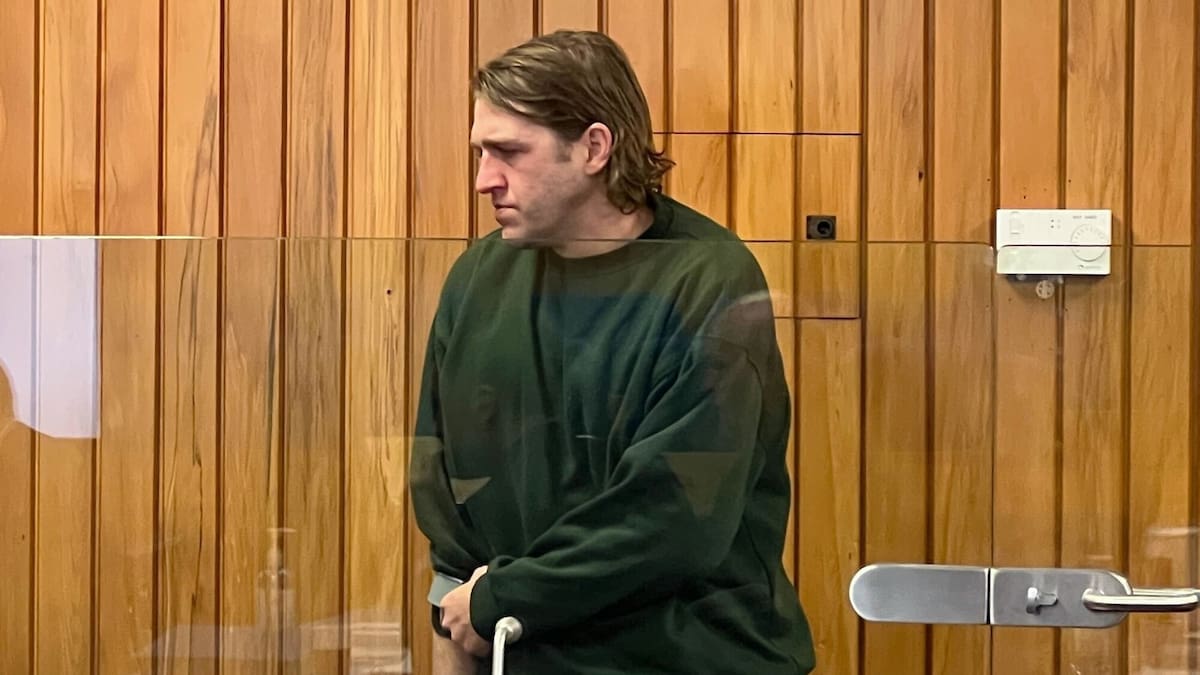It was revealed at his sentencing that McLennan’s material showed mainly Asian victims, many of whom were children and likely the subject of trafficking.
The material included depictions of child sexual exploitation, necrophilia, rape, torture, defecation, bestiality and homicide.
Over 19 days in December 2022, McLennan used peer-to-peer (P2P) software and downloaded 11,918 publications depicting child sexual exploitation material from an overseas internet protocol address.
Over a 12-month period in 2022-23, he was found to have 43,629 child sex exploitation publications, totalling about 860 hours, across four devices.
The Rotorua Courthouse. Photo / Kelly Makiha
He had another 376 publications across three devices.
A police summary provided to the Rotorua Daily Post said child sexual exploitation material was the result of real exploitation or sexual abuse.
The summary said the man’s offending was picked up by a New Zealand Customs investigator who was able to download the objectionable publications directly from the man’s computer, as they were being distributed on the P2P network.
Customs traced the offending to a house in Rotorua.
‘So, so serious’
Crown Solicitor Amanda Gordon, appearing for Customs, said at the sentencing she could not find another case in New Zealand involving such a large overall number of photos and videos.
Rotorua District Court judge Greg Hollister-Jones said he came close to imposing the maximum term of 10 years.
”This is so, so, serious … It just strikes at the values of a civil society. We cannot have a civil society if we have this,” Judge Hollister-Jones said.
He had to pause several times while reading the facts of the case.
He agreed with the Crown’s submission it was the “most serious” possession case that had arisen in New Zealand.
The court heard McLennan was diagnosed as having a major depressive disorder and suffered chronic pain after an injury, with a psychologist believing he used the “shocking impact” of the downloaded material to distract himself.
Judge Hollister-Jones dismissed this as a cause of the offending.
He declined to continue McLennan’s name suppression, but McLennan appealed to the High Court.
The appeals
Justice Grant Powell heard the suppression appeal in September and his finding has recently been released.
He dismissed the appeal, saying even if McLennan had met the threshold of suffering extreme hardship from having his name published, he was satisfied continued suppression was not in the public interest given the nature and extent of his offending.
Justice Powell agreed with Crown prosecutor Kris Bucher that it was inevitable there would be some hardship for McLennan and his family, given the seriousness of the offending, but it did not amount to extreme hardship.
The sentence appeal was heard in the High Court on October 30.
Justice Gerard Van Bohemen’s decision, released on Tuesday, said Judge Hollister-Jones’ sentencing starting point was too high and a further discount of 10% should have been given to recognise McLennan’s personal circumstances.
He said the circumstances in which McLennan decided to download the offensive material were “shaped by the injury and what flowed from it”.
Justice Van Bohemen quashed the prison term of seven years and three months and replaced it with a sentence of five years and three months.
How to report similar offending
Concerns or suspicions about someone who may be trading in, or producing child sexual abuse images or videos, can be reported to Customs confidentially on 0800 WE PROTECT (0800 937 768) or Crimestoppers anonymously on 0800 555 111.
Sexual abuse: Where to get help
If it’s an emergency and you feel that you or someone else is at risk, call 111.
If you’ve ever experienced sexual assault or abuse and need to talk to someone, contact Safe to Talk confidentially, any time 24/7:
Alternatively, contact your local police station.
Kelly Makiha is a senior journalist who has reported for the Rotorua Daily Post for more than 25 years, covering mainly police, court, human interest and social issues.

